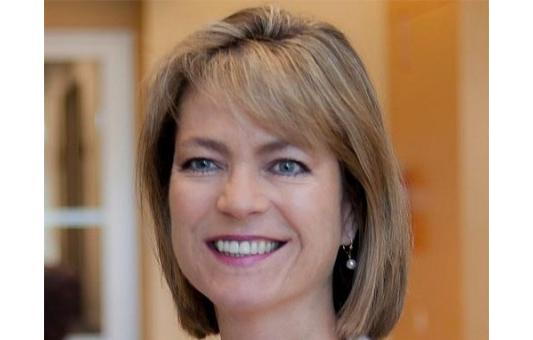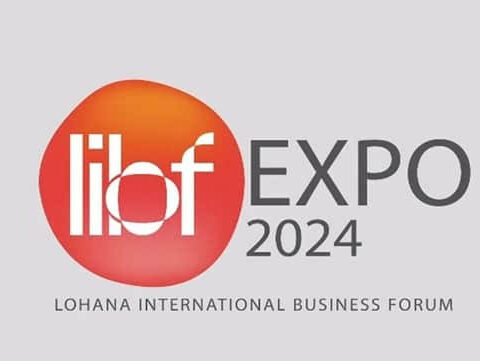
Dell has announced additional progress against its circular economy initiatives, including expansion of its closed-loop recycled plastic supply chain, introduction of reclaimed carbon-fiber source materials and new industry collaborations to advance global circular practices.
Dell has partnered with supplier SABIC to recycle excess carbon fiber and scrap raw materials into new Dell products beginning in late 2015. Initially, select Latitude and Alienware products will contain recycled carbon fiber, with plans to expand across these two product portfolios in 2016. Dell estimates that by partnering with SABIC, it will prevent 820,000 pounds of carbon fiber from ending up in landfills. The recycled carbon fiber materials have an approximately 11- per cent smaller carbon footprint than simply using virgin carbon fiber.
Since Dell began pioneering its closed-loop recycled plastics supply chain in January 2014, the company has recycled 4.2 million pounds of closed-loop plastics into enclosures for new Dell products. These plastics were used in more than 30 flat panel monitor models and three Dell desktops available globally, with plans to scale across servers and other products in 2016. Dell’s process was certified by UL Environment as the first closed-loop supply chain, and continues to be the only one in the industry. Dell was also able to reduce its product carbon footprint for the closed-loop products by 11 per cent and realized a cost savings over previous sources.
“The technology industry has a unique responsibility to help shift the world to a circular economy model, and Dell’s longstanding investments in sustainable business puts us in a unique position to lead the way,” said Trisa Thompson, Vice-President & Chief Responsibility Officer, Dell. “We are always looking for collaborations that bring efficiencies to our business, and help our customers do the same.”
Dell has also joined the Ellen MacArthur Foundation’s Circular Economy 100 program, to collaborate with like-minded businesses and industries to advance the circular agenda. As part of the CE100, Dell will work with global business leaders to develop new approaches to how companies manufacture goods, identify new partnership opportunities and contribute best practices that help businesses and society accelerate the shift to a circular economy.
Dell believes the circular economy will increasingly become a business imperative and that technology plays a critical role in enabling the transition. Dell hopes to reduce the amount of waste and byproduct created from technology manufacturing by reusing materials already in circulation and seeking renewable alternatives where they exist. Since 2013, Dell has incorporated more than 21 million pounds of recycled plastics from sources including water bottles and CD cases as it continues to work towards a goal of using 50 million pounds of recycled materials by 2020. In addition to finding ways to build circular thinking into their products and operations, Dell seeks to help customers take advantage of technology’s ability to create efficiencies in how resources are managed and used.









